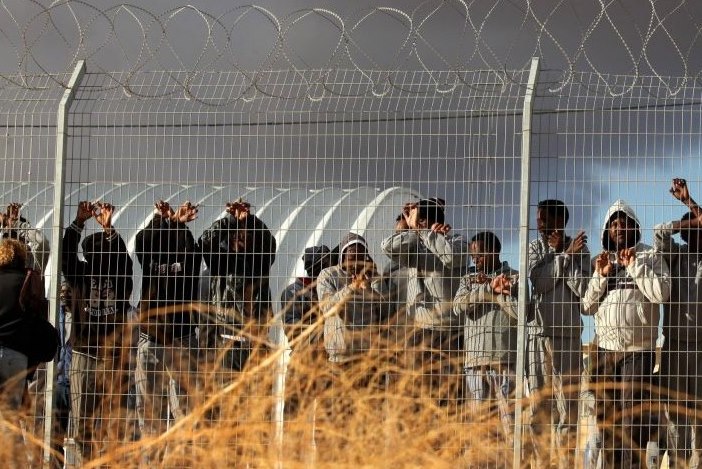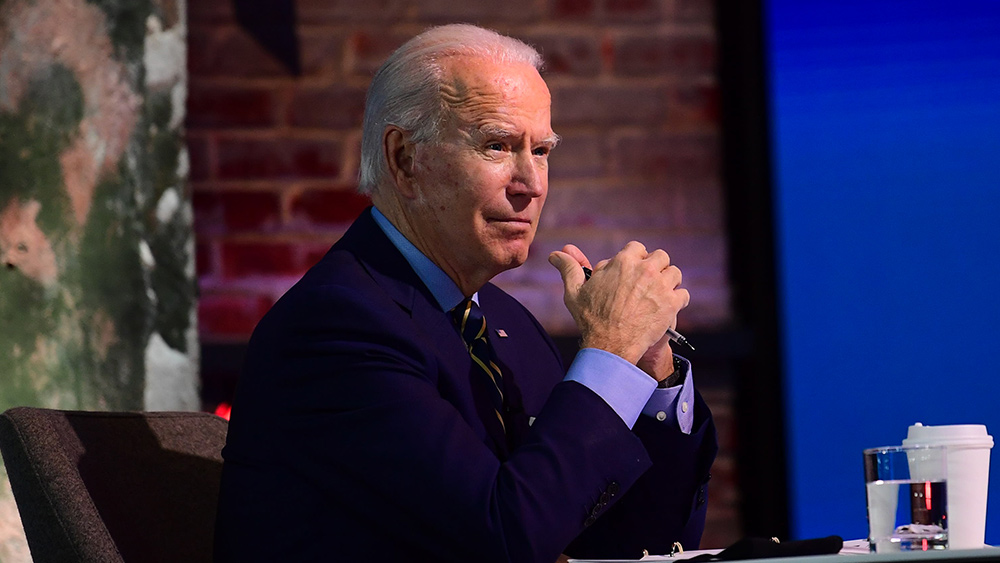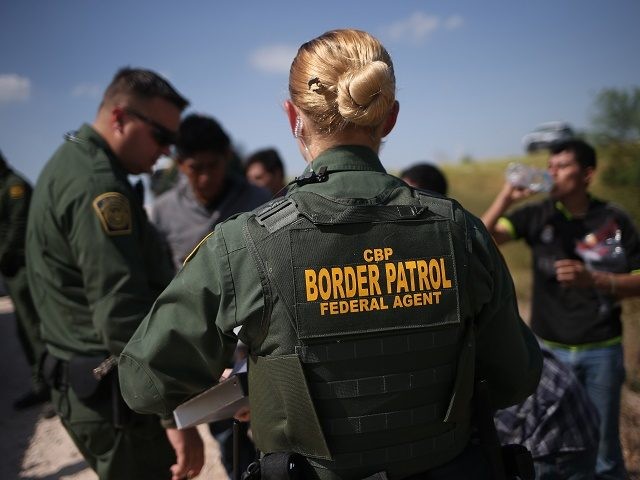Voters in three states breathe new life into death penalty
12/01/2016 / By resistnews

This year’s election results suggest that reports of the death penalty’s demise may have been greatly exaggerated.
Article by Valerie Richardson
Voters in three states — California, Nebraska and Oklahoma — lined up behind statewide initiatives in support of capital punishment, suggesting that the death penalty may be making a comeback after a 20-year slide.
In California, voters passed Proposition 66, which streamlines the appeals process, and defeated Proposition 62, which would have repealed capital punishment and replaced it with life in prison without the possibility of parole.
Kent Scheidegger, legal director of the Criminal Justice Legal Foundation in Sacramento, said the results show that public sentiment for the death penalty remains strong even in solidly blue states, where voters swung for Democratic presidential candidate Hillary Clinton.
“It’s significant that this happened in a state that went 2-to-1 for Clinton over [Donald] Trump,” said Mr. Scheidegger, who helped write Proposition 66. “Even in very liberal states, if you let the people vote on this issue specifically, they vote for it.”
Proposition 66 squeaked by with 51 percent, while Proposition 62 lost by 53 percent to 47 percent.
The American Civil Liberties Union of Northern California filed a lawsuit days after the election challenging the constitutionality of Proposition 66, which the campaign described as a “slap in the face to the voters.”
Robert Dunham, executive director of the Death Penalty Information Center, said the election wasn’t entirely one-sided. In Kansas, voters retained four Supreme Court justices targeted for removal after overturning decisions in four death row cases.
“Certainly the death penalty proponents won all the ballot measures,” Mr. Dunham said. “To try to figure out what the electorate is thinking, I think you need to take a broader view of what happened.”
He pointed to Oregon and Washington, where Democratic governors won re-election despite supporting moratoriums on the death penalty. Washington Gov. Jay Inslee signed a ban on executions in February, and Oregon Gov. Kate Brown left in place a moratorium established in 2011.
Polls show support for the death penalty has declined for decades. A Sept. 29 survey by the Pew Research Center found 49 percent favored the punishment, the lowest in more than 40 years.
At the same time, Mr. Trump won the presidency on a platform that featured law and order and called for capital punishment for those who kill police officers.
“Anybody killing a police officer, the death penalty. It’s going to happen, OK? Mr. Trump said in December during an appearance with the New England Police Benevolent Association.
Said Mr. Dunham, “I think we’re undergoing a political climate change.
“And when climate change of any kind occurs, there are all sorts of storms in all sorts of directions,” he said. “And you can look at individual events and try to attribute causation to them. It’s not always so clear, but the trend remains clear.”
Where the execution issue appeared on the ballot directly, and not by implication as part of a candidate’s campaign, the death penalty came out on top this year.
In Nebraska, voters overturned the state Legislature’s 2015 repeal by passing Referendum 426, 61 percent to 39 percent. Gov. Pete Ricketts, a Republican who vetoed the bill but was overridden by the Legislature, donated $300,000 to Nebraskans for the Death Penalty.
The state Department of Corrections has since proposed changing the three-drug protocol used in lethal injections after struggling to obtain the necessary drugs before the repeal. In June 2015, the Food and Drug Administration ruled that the state could not import sodium thiopental, an anesthetic used in executions.
Oklahoma voters reaffirmed their support for the death penalty by approving State Question 776, which gives state lawmakers the authority to change execution methods if they are ruled invalid or unconstitutional.
Although opponents argued that the measure changed nothing, voters overwhelming approved it by 66 percent to 34 percent.
Executions have been on hold in Oklahoma for about two years as a result of state investigations into mix-ups with drugs used in lethal injections, notably the botched 2014 execution of Clayton Lockett, who took 43 minutes to die after he was injected with an untried drug combination.
The state has had trouble obtaining the required drugs thanks to factors such as the FDA ban and a 2011 European Union embargo on exports of sodium thiopental used for executions.
Capital punishment opponents scored a victory in August when the Delaware Supreme Court ruled the law unconstitutional because it gave judges, not juries, the final say in imposing the sentence.
Nineteen states have abolished the death penalty, but Mr. Scheidegger said he expects the trend to stall, given that most execution-unfriendly states have already acted.
“Opponents of the death penalty have been picking the low-hanging fruit,” he said. “They got repeal bills through a few states with heavily Democratic legislatures, and either they didn’t have a referendum process at all or it was difficult to get on the ballot.”
The only thing standing in the way of a repeal in California, with its Democratic governor and heavy Democratic legislative majorities, is the will of the voters, he said.
“If California did not have the initiative process, I have no doubt the death penalty would have been repealed years ago,” Mr. Scheidegger said. “California has the death penalty because the people can vote on it.”
Read more at: washingtontimes.com
Submit a correction >>
Tagged Under:
death penalty, voters
This article may contain statements that reflect the opinion of the author
RECENT NEWS & ARTICLES
COPYRIGHT © 2017 RESIST NEWS





















